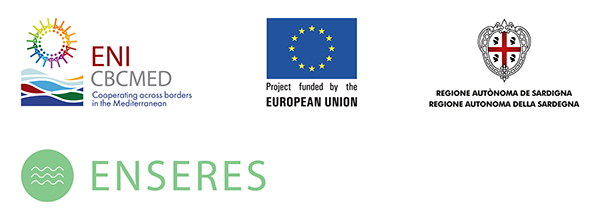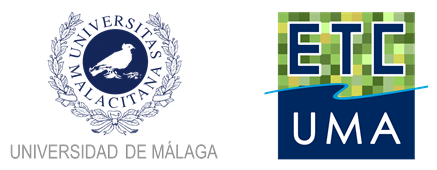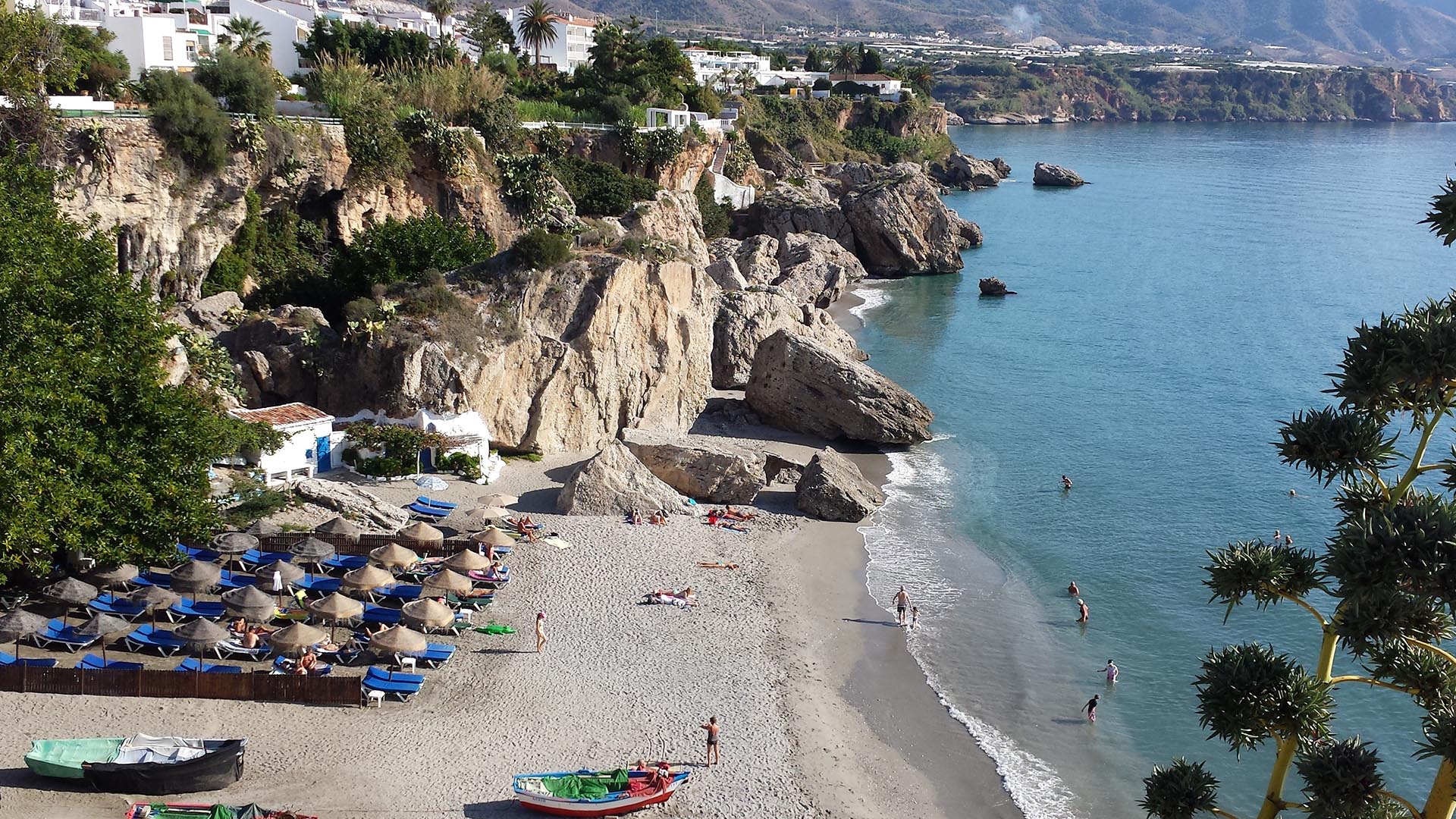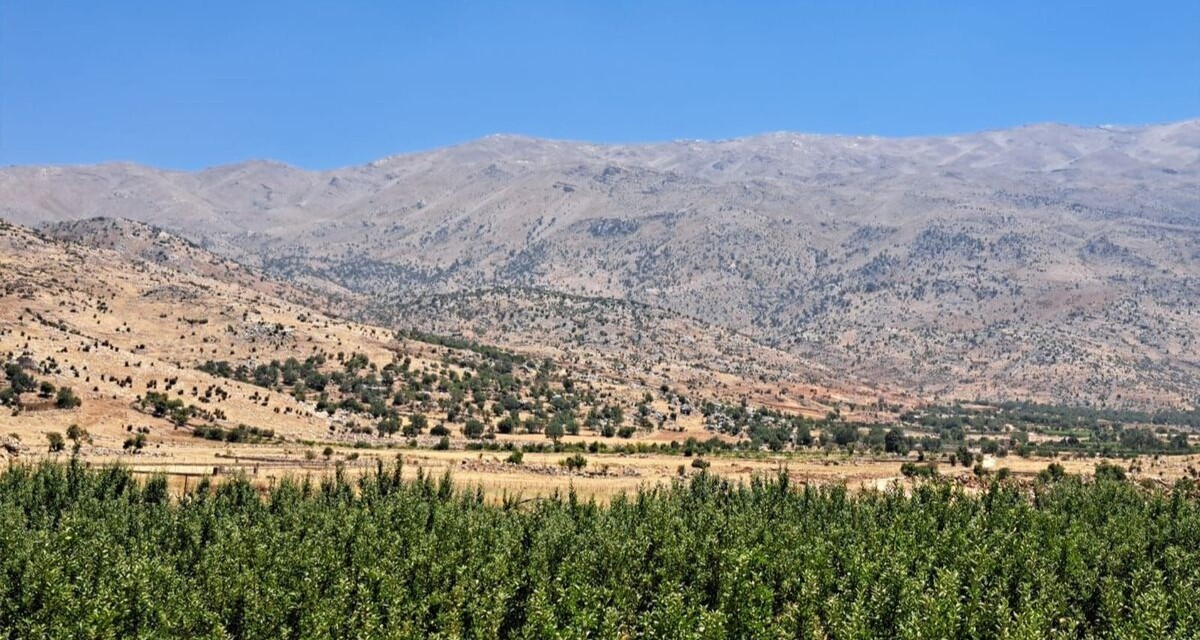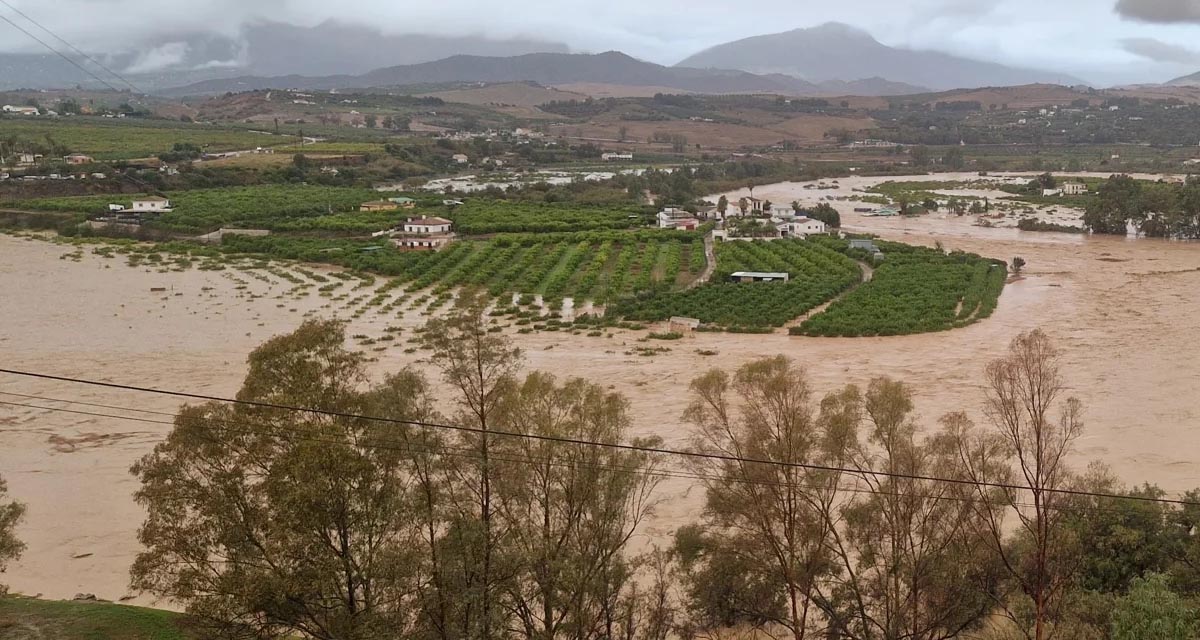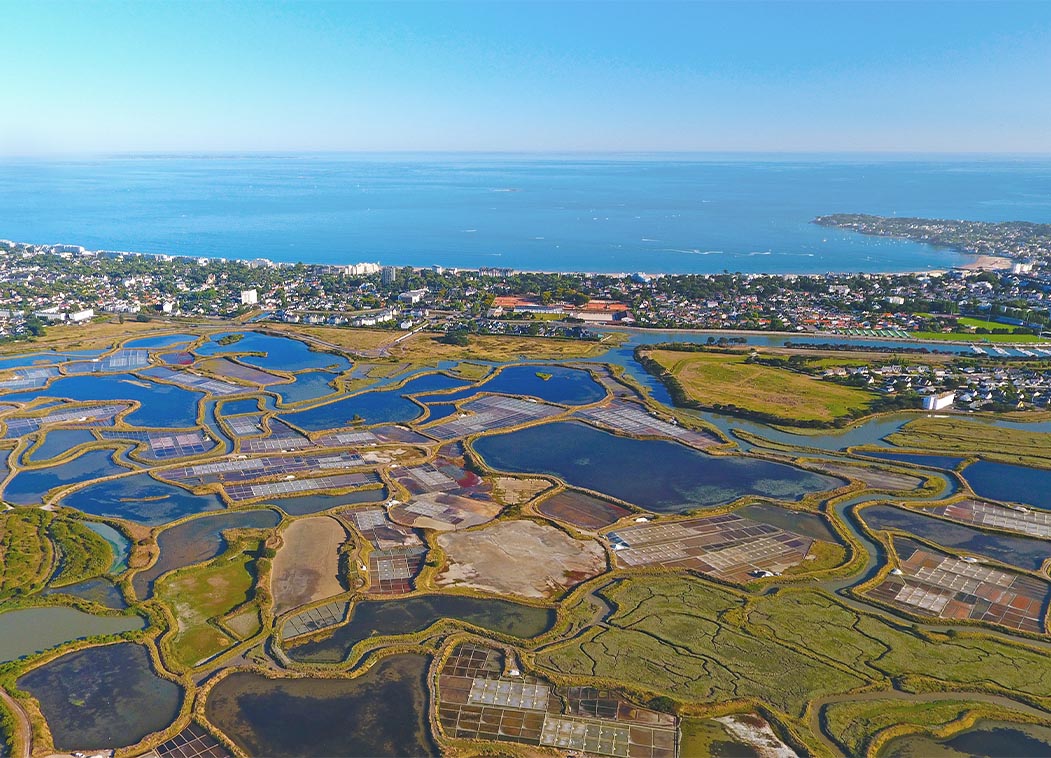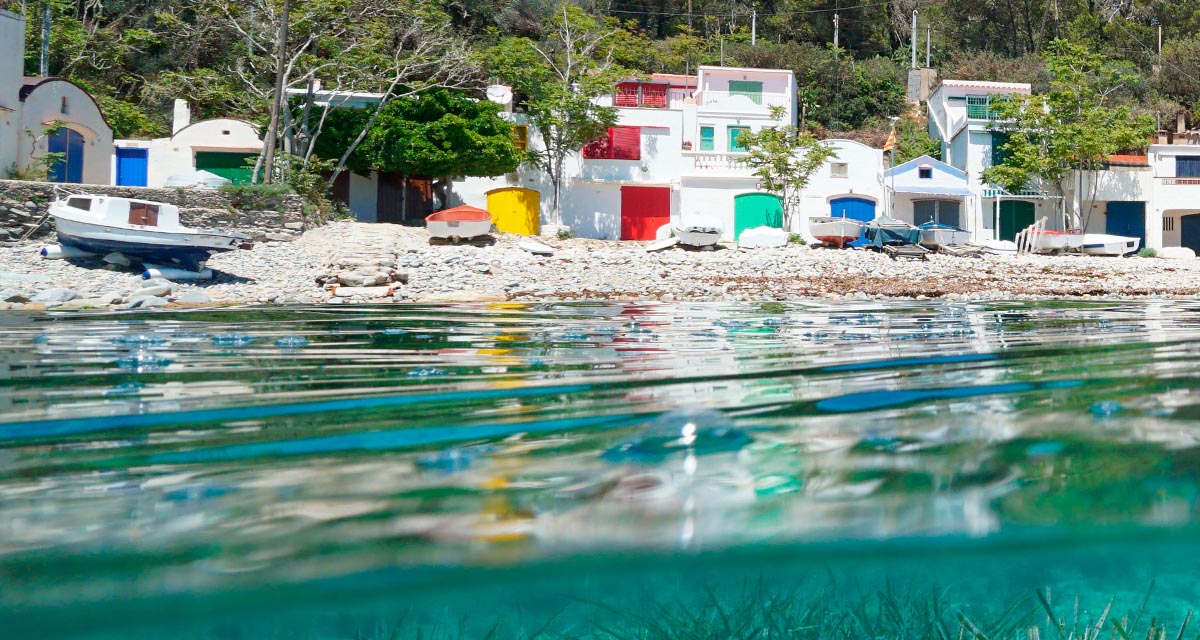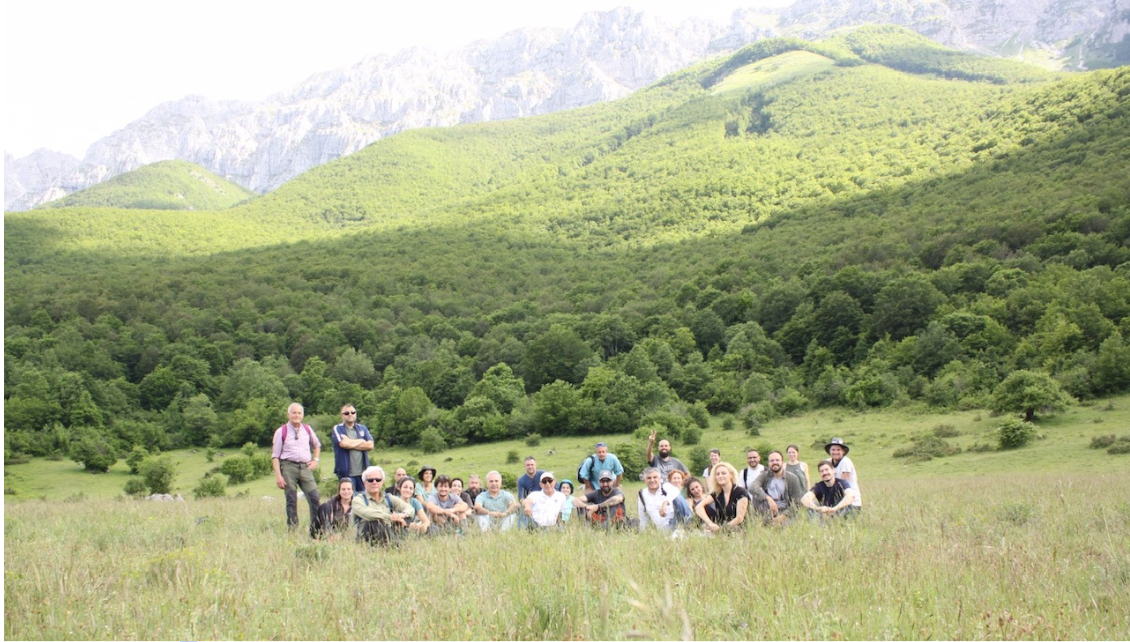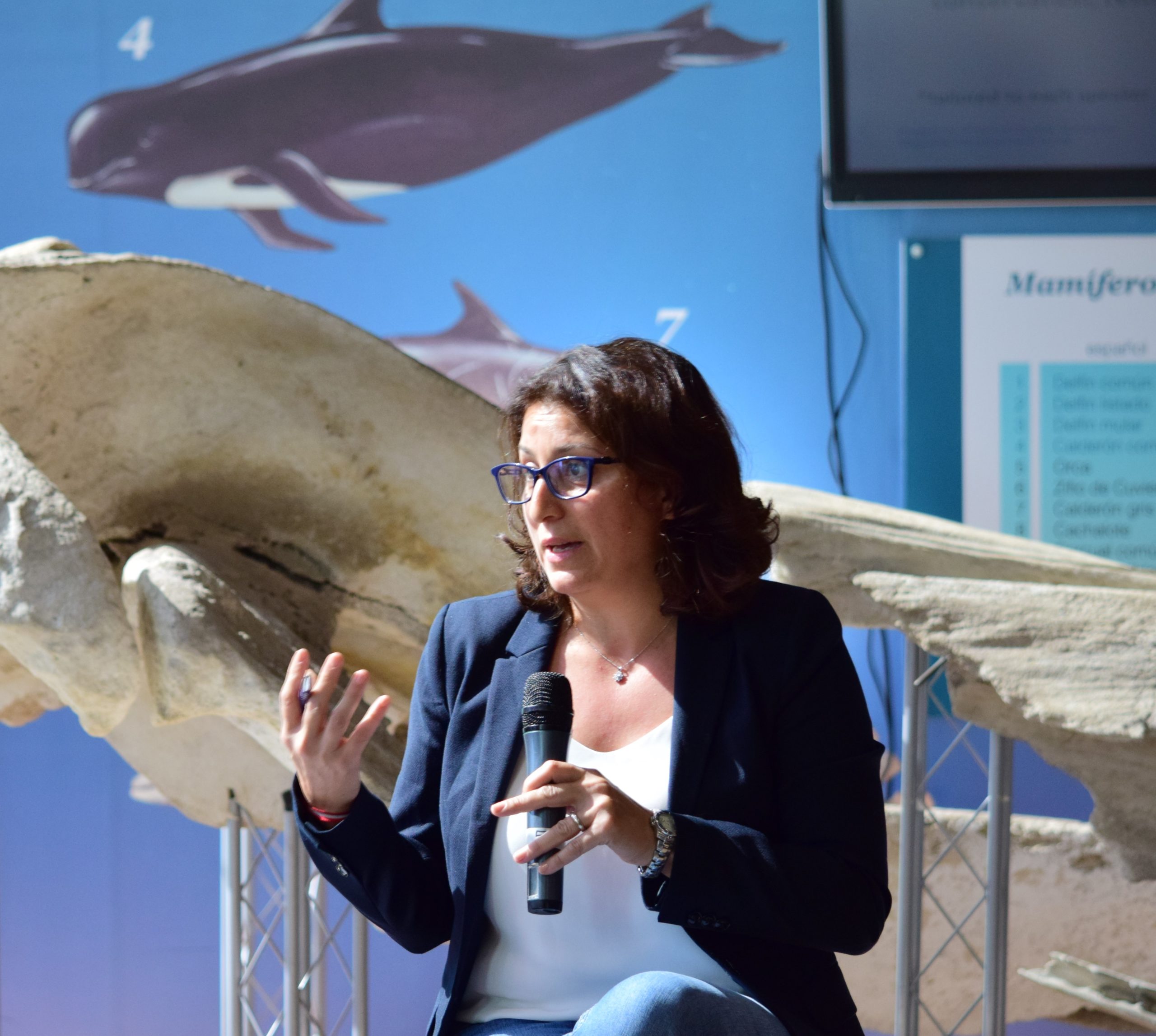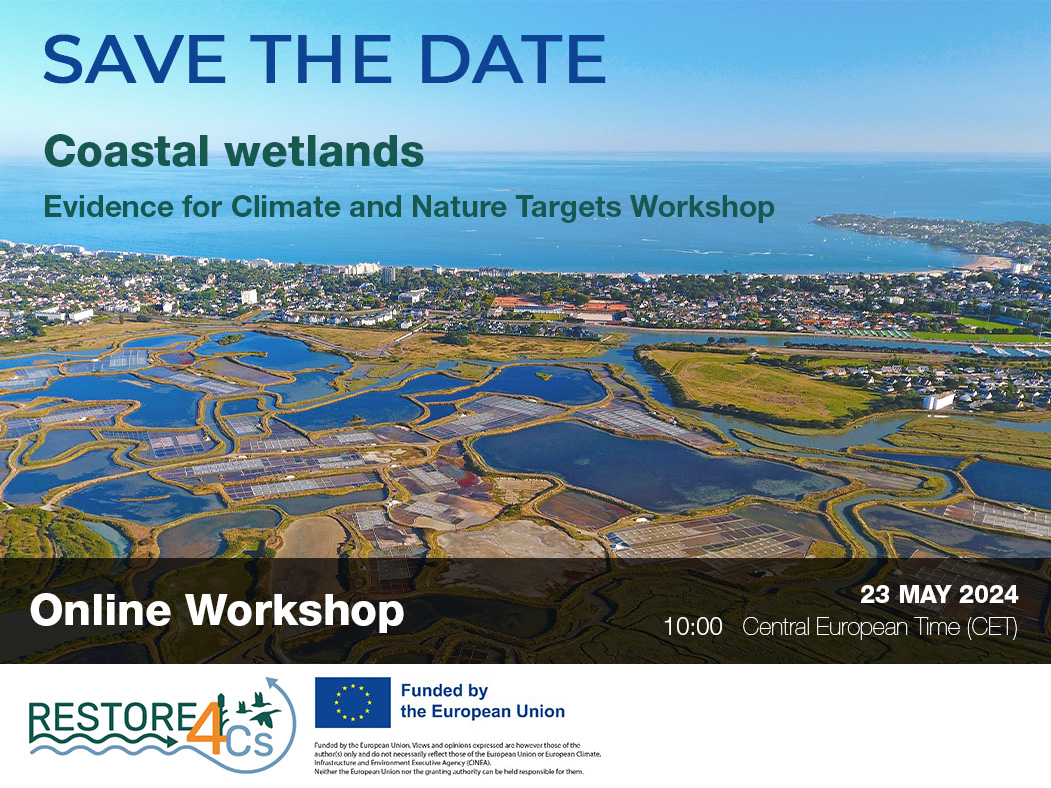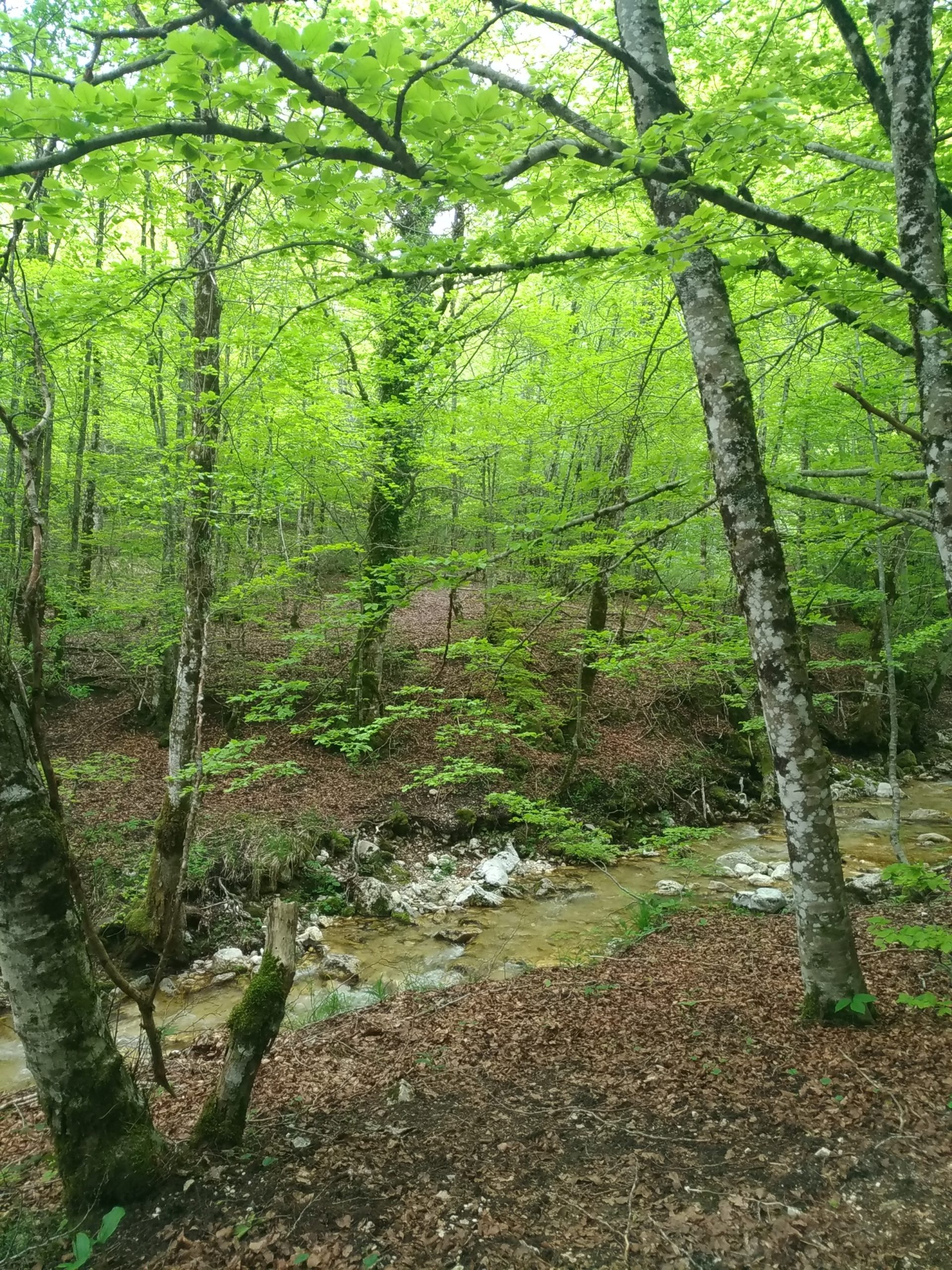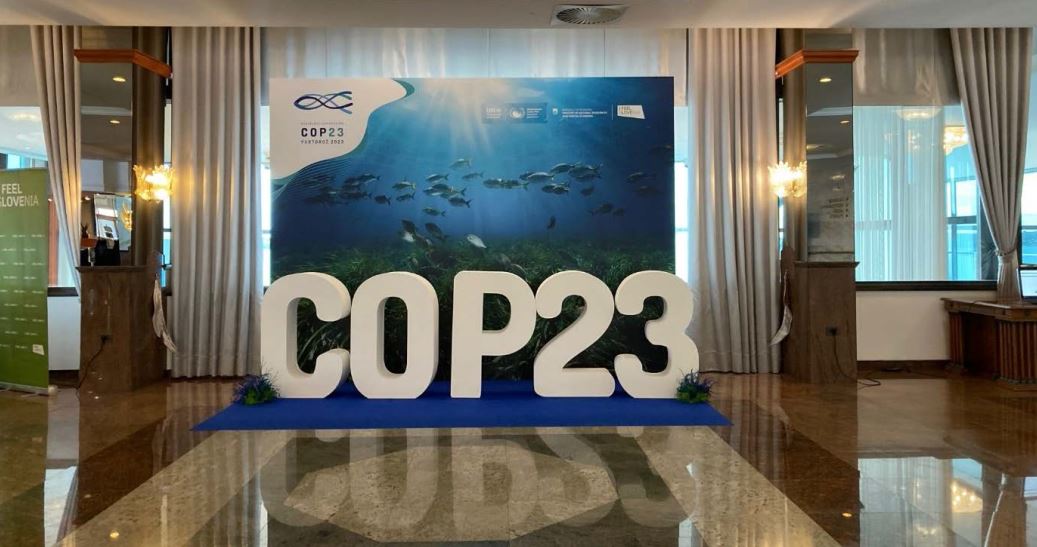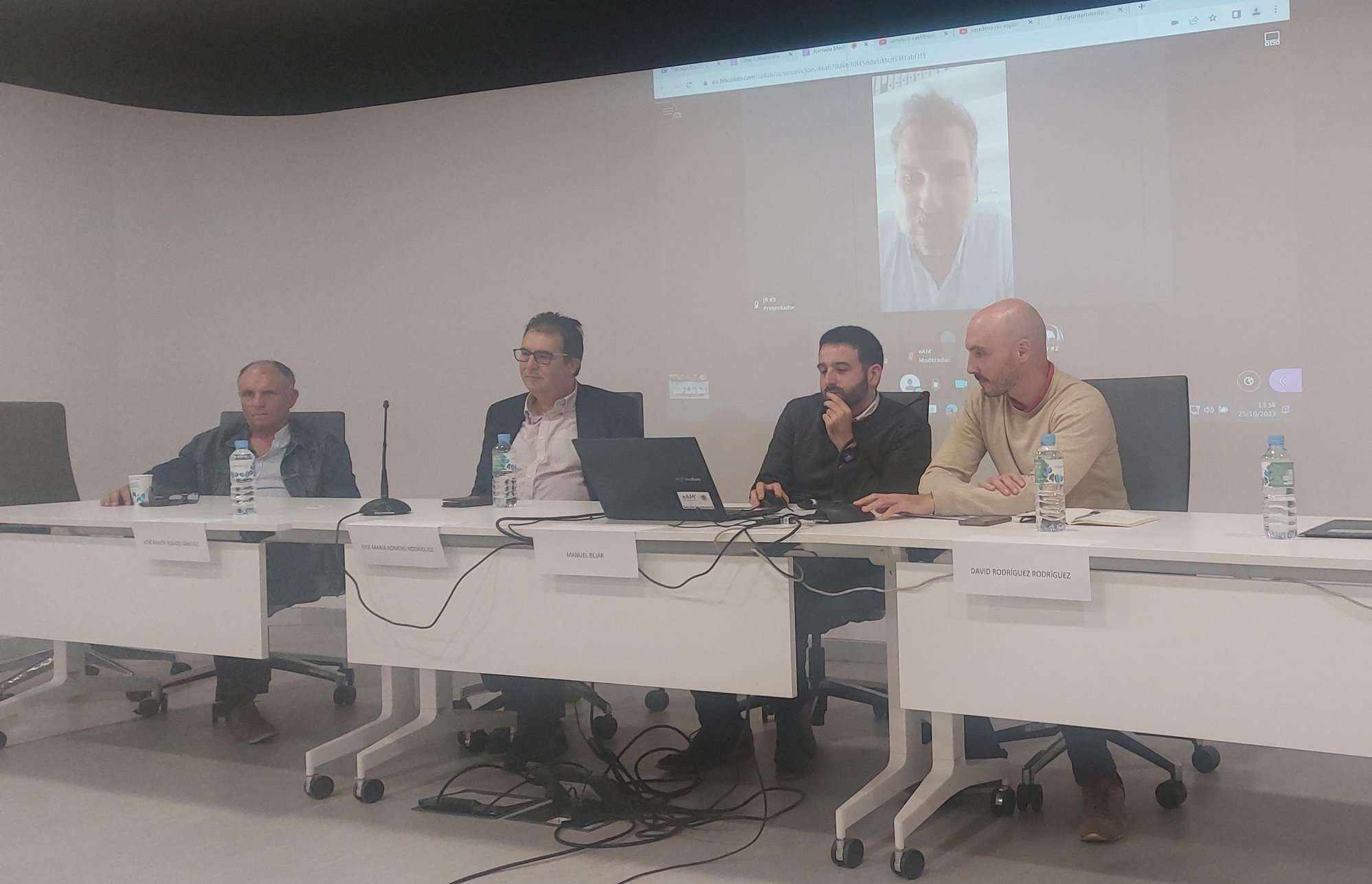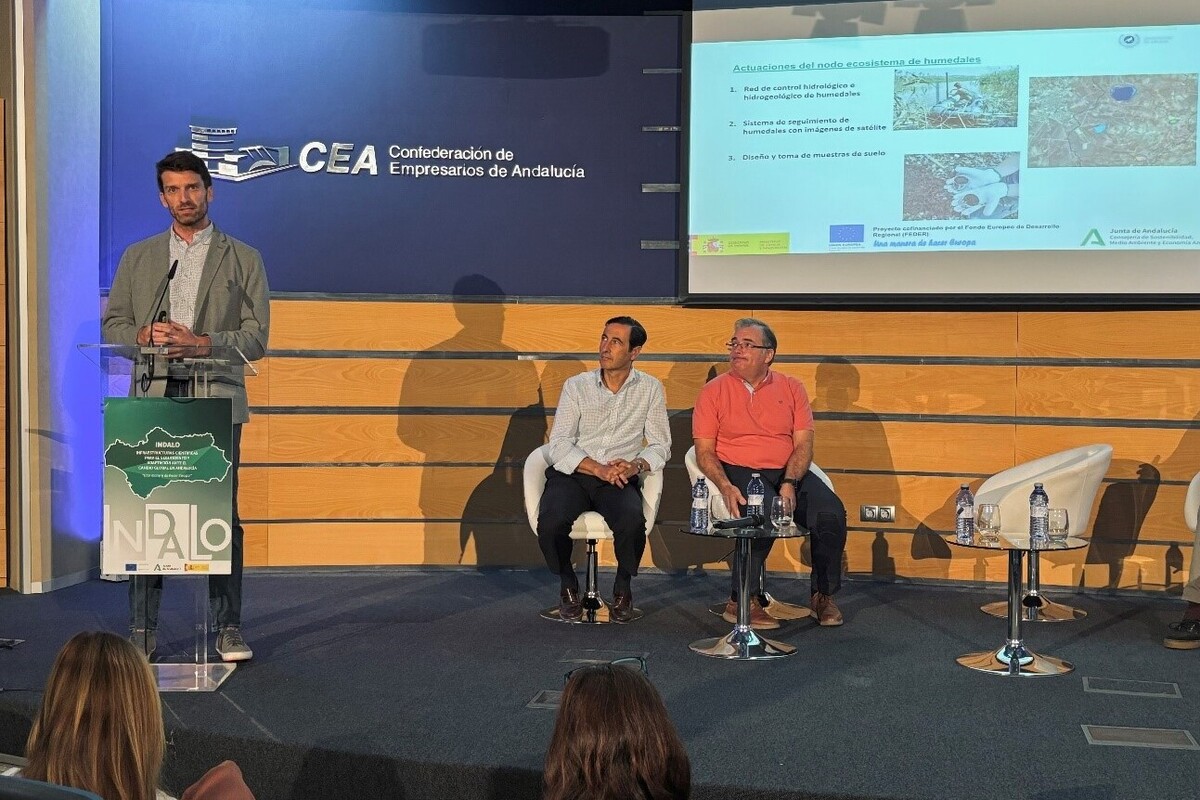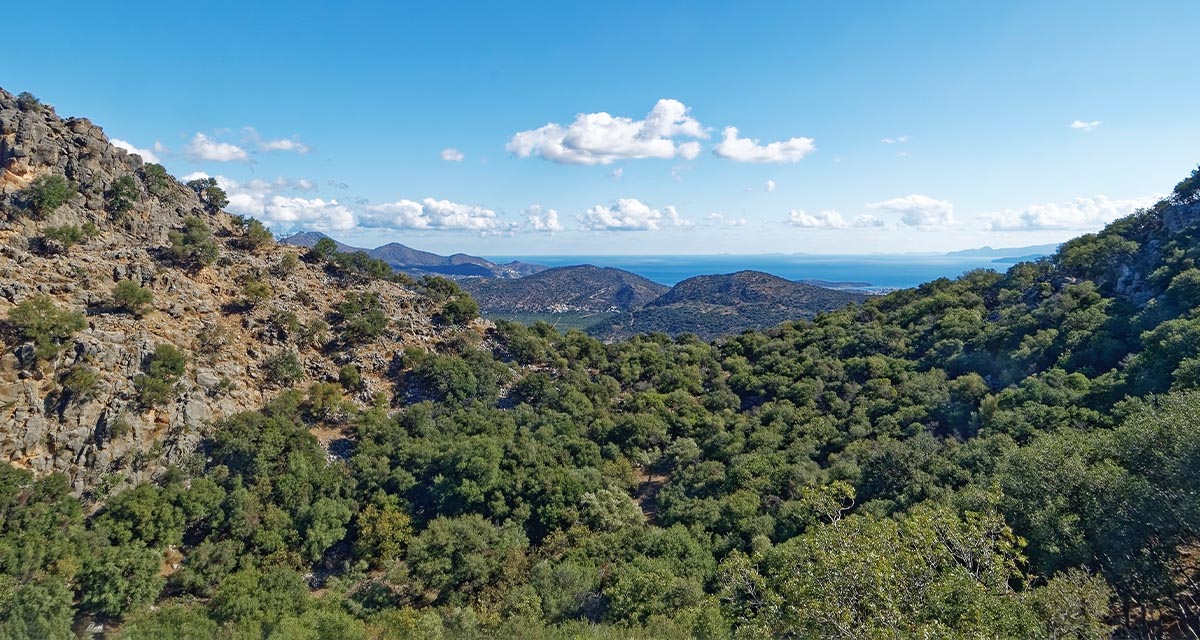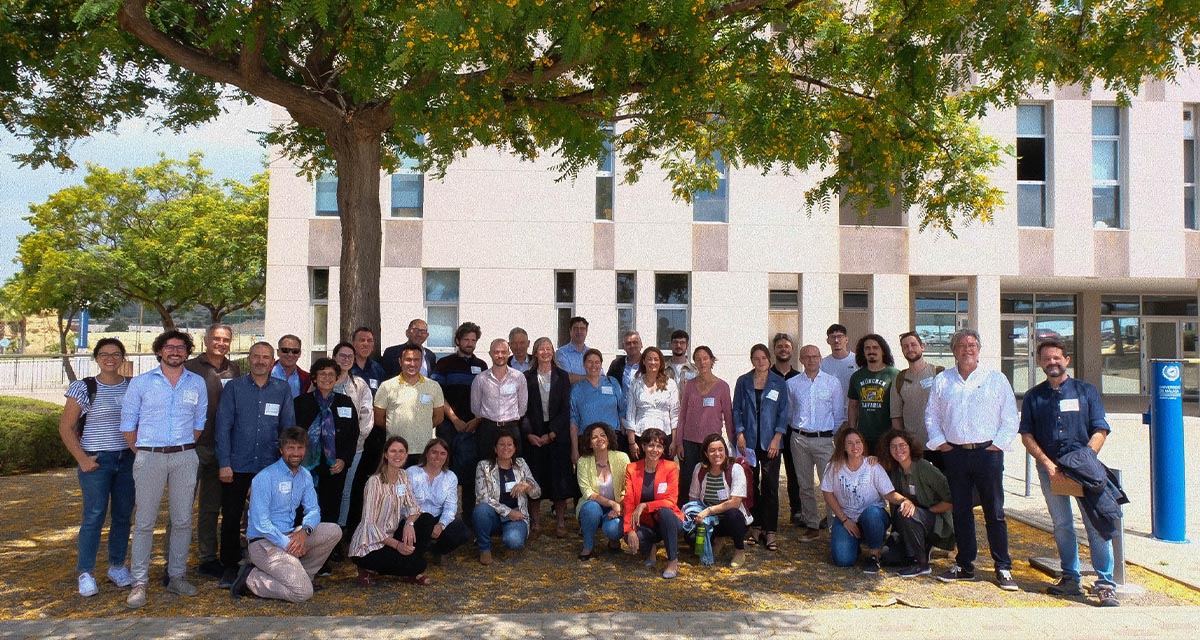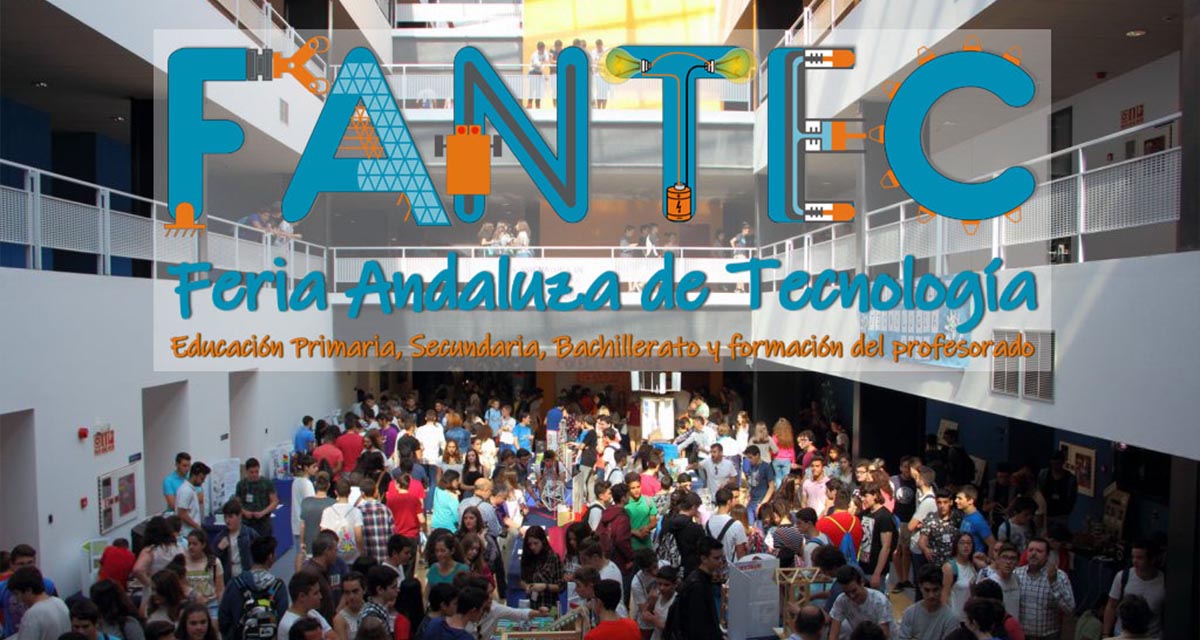Project summary
Human activities in Mediterranean coastal and marine areas are intensifying the environmental degradation and the impact of cumulative pressures on ecosystems and the services they provide. Improving the socio-ecological resilience of vulnerable areas and local economies is a solution critically needed for the long-term sustainability of the region. Setting transformative governance mechanisms, building capacities, ensuring sustainable financial and community engagement for bringing improvements to people’s lives and nature form the core of the answering solution.
As a capitalization project, ENSERES seeks transformative changes with an integrated solution approach at transboundary level, both in and outside areas under legal protection, and involving public authorities, socio-economic actors and civil society organisations engaged in natural and urban areas. It focuses on transferring and mainstreaming ecosystem-based management tools to implement integrated coastal zone management (ICZM) processes in multi-level conservation and territorial practices.
ENSERES will build the capacities to set common goals for public authorities and natural resource users, boost sustainable financing mechanisms for co-management, and act for the operative territorialisation of actions at various scales. Based on transferring activities at pilot site level in the Gulf of Gades (Tunisia) and the area of the Tyre Coast Nature Reserve (Lebanon), outreach activities will ensure the dissemination of approaches at Pan-Mediterranean level through existing networks such as the Mediterranean Protected Areas Network (MedPAN), the Network of Mediterranean coastal cities (MedCities) and the network of managers of Specially Protected Areas of Mediterranean Importance (SPAMI network).
Our role
ETC-UMA coordinates the project and leads the project communication. Additionally, the ETC-UMA team will guide and implement improvements to the Mediterranean Biodiversity Protection Knowledge Platform.
ETC-UMA, as lead partner of the Interreg Med capitalization project MBPC will ensure close cooperation among both projects and communities.
Main outputs
More about it
Christoph Schröder
Project coordinationchristoph.schroder@uma.es
Based on my MSc in Geography (University of Bonn) I have developed expertise in Geographic Information Systems and land use/cover change analysis from local to global scale with particular interest in the Mediterranean...
Emanuele Mancosu
MBPKP Developmentemanuele.mancosu@uma.es
Strong interests and curiosity about environment subjects and informatics technology. The academic career was orientated in natural science finished in 2004 with highest honors with particular attention on GIS...Our partners
